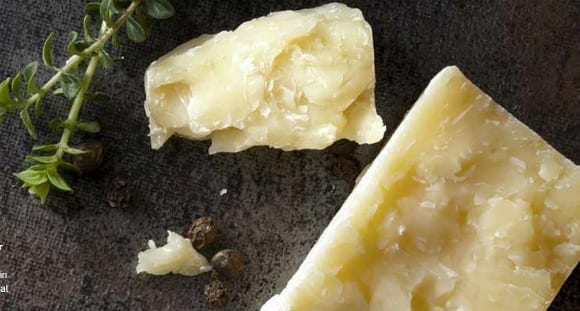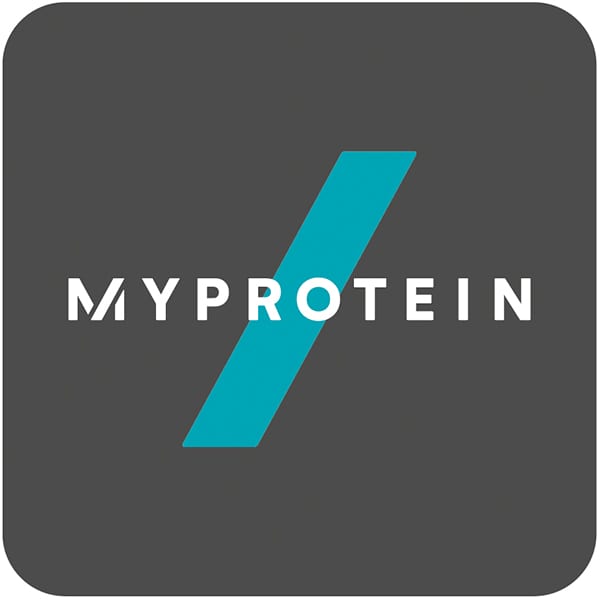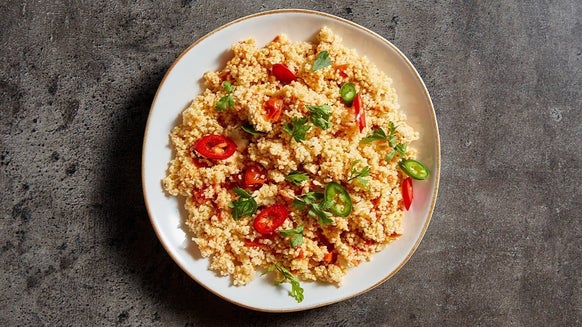
The Atkins Diet is one of the most well-known diets around. Usually used by those aiming to lose weight, it was initially proposed by a physician named Dr. Robert C. Atkins in 1972.
Since then, the diet has been popular among fitness enthusiasts all over the world!
What is the Atkins Diet?
Simply put, the Atkins Diet is a low carbohydrate diet. This makes it very effective for fat loss, since your body is required to turn to your fat stores for energy, thus aiding you with weight loss.
In reality, the actual diet is a little more complex and can be split up into several phases.
This is the initial phase of the diet and unlike other diets, you are thrown straight in to the deep end. You are required to eat less than 20 grams of carbohydrates per day. You should focus on eating foods high in protein and healthy fats whilst keeping your carb intake low, using vegetables and leafy greens to fill you up. This allows you to kick start the diet immediately and you should notice some decent weight loss within this time frame. Usually, this period lasts 2 weeks.
Many people do not reach this stage, so if you do; give yourself a pat on the back. Here you don’t want to change too much, only adding in nuts and more vegetables, and the odd piece of fruit. Don’t overdo it, as whilst fruits are healthy, they are high in natural sugars, which could inhibit your weight loss. This phase generally lasts a little longer and is the main portion of the diet. You should remain in this phase until you are close to your goal weight (e.g. 5-10 lbs away, depending on how much you have already lost).
If you reached this stage, congratulations, you are extremely close to your goal weight! Here you should aim to slowly add small amount of (preferably complex) carbohydrates bac k into your diet. You should notice that your weight loss will slow down. If you stop losing weight altogether (for a couple of weeks) or start gaining weight, then take a step back and reduce the carbs back down.
Here you are allowed to eat larger quantities of healthy carbohydrates. You should still aim to keep these fairly low, so you do not regain the weight.
Many people opt to disregard these phases altogether, and whilst you can still lose weight doing this, it is more efficient to follow them.
Furthermore, some people chose to skip the induction phase beginning immediately with the balancing phase. Similarly, some people opt to stay in the induction phase for optimal weight loss.
The Atkins Diet |Foods you should eat
The following are the foods you should aim eat:
✓ Meats – meats such as chicken, beef, pork, lamb etc. should be the staple of your diet.
✓ Fish – fish such as trout, salmon and sardines should also be consumed.
✓ Low Carb Vegetables – such as spinach, broccoli, asparagus, kale etc.
✓ Dairy – cheese, butter, cream, yogurt are all allowed.
✓ Eggs – eggs are a great source of protein and Omega-3.
✓ Fats – healthy fats such as
✓ Nuts and Seeds – nuts & no-added sugar nut butters - such as
Water should be your main source of hydration, although you are allowed to drink coffee and green tea.
Alcohol is allowed in moderate amounts, but you should stick to low calorie, low carb options, avoiding drinks like beer etc.
The Atkins Diet | Foods you should avoid
As the phases can be a little vague, below is a list of foods you should try to avoid when following the Atkins Diet:
✗ Sugar – e.g. sodas, sweets, juices etc.
✗ Trans Fats – often found in processed foods, the word ‘hydrogenated’ fats can be found on the list of ingredients.
✗ High Carb Fruits – fruits such as apples, bananas, oranges etc. are high in carbohydrates and should be avoided during the induction phase.
✗ High Carb Vegetables – vegetables such as turnips, carrots etc. are high in carbohydrates and should be avoided during the induction phase.
✗ Starchy Foods – foods such as potatoes should be avoided during the induction phase.
✗ Grains – grains such as wheat, rye, barley, rice etc. should be avoided.
✗ Legumes – beans, chickpeas etc. should be avoided during the induction phase.
Take Home Message
The Atkins Diet is a highly effective diet for those who are looking to lose weight. It is suitable for pretty much anyone, although you should consult your doctor or physician before beginning any diet, especially if you fear that it may interfere with a pre-existing medical condition.
Whilst it can be tough to begin at first, once you get into the Atkins Diet you might see the pounds melt off - it might be the right diet for you!








